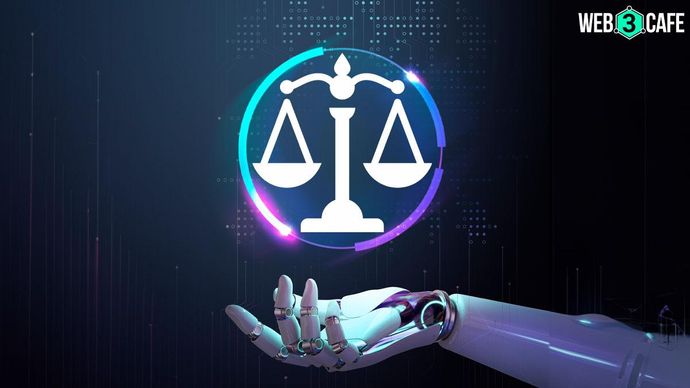Is there a need for an AI-based regulatory framework & what impact it would have on the AI industry? | Interview
In today's world, where AI is continuously hogging the limelight and nations across the globe are calling for its regulated use, here's an interaction with Haive's Co-Founder and CEO, where she emphasises the need for an AI framework that would help in its balanced growth.

Highlights
- Countries all over the world are urging for the regulated use of AI
- Ethical and responsible AI development is the need of the hour, opine experts
With the advent of technology, physical shopping has gradually paved the way for e-commerce and online transactions. Moreover, nowadays AI has taken the world by storm. Hence, businesses globally are trying to encash these emerging technologies, thereby, offering personalised and seamless customer support across multiple channels. Furthermore, in these modern times, when new-age tech is helping companies increase customer satisfaction, boost conversions, as well as improve overall business performance, below is an interaction with Deepika Loganathan, Co-Founder, and CEO of Haive.
Do you think there is a need for a foundational framework for an AI standards body with the government?
Developing a foundational framework for an AI standards body with the government is crucial to ensure the ethical, responsible, and equitable use of AI. It helps set guidelines for transparency, privacy, security, and fairness. It also ensures that AI technologies are developed and used in a way that aligns with the societal values and legal norms of the country.
What according to you is the role of the AI standards body in shaping the future of AI development and deployment?
The AI standards body plays a pivotal role in shaping the future of AI by setting guidelines for its development and deployment. It ensures that AI technologies are safe, reliable, and beneficial. It also promotes transparency, accountability, and public trust in AI. Moreover, it can help address issues such as bias in AI, data privacy, and the impact of AI on jobs and the economy.
What will be the benefits of such a body and its impact on the innovation and adoption of AI?
The AI standards body can accelerate AI innovation and adoption by providing a clear framework for developers and users. It can help reduce uncertainty and risk, promote interoperability and compatibility, and ensure that AI technologies meet certain quality and safety standards. It can also help foster public trust in AI, knowing that their government is playing an active part in regulating it, which is crucial for widespread adoption.
What impact will the AI standards body have on the AI industry?
The establishment of an AI standards body can indeed help define regulation for the AI industry. It can set guidelines for ethical and responsible AI development and use while ensuring compliance with existing laws and regulations. However, these regulations must be designed to foster innovation and not stifle it. This is why the standards body needs to be a hybrid one with government and industry stakeholders.
Will regulating AI smother its growth trajectory?
While some worry that regulating AI could stifle its growth, it's important to note that regulation can also provide a clear framework that promotes responsible and sustainable growth. It can help prevent harmful uses of AI, protect consumers, and foster public trust. However, these regulations must be designed in a way that balances the need for oversight with the need for innovation.
Several national governments have urged the need for regulating the AI space. Can you give a few examples of successful AI standards bodies or frameworks?
There are several examples of successful AI standards bodies or frameworks. For instance, the IEEE has developed a series of standards for the ethically aligned design of AI. The European Commission has also proposed a regulatory framework for AI. These frameworks emphasize principles such as transparency, fairness, privacy, and accountability. India can learn from these examples and adapt them to its context. Such standards body is the reason we have the current internet situation which is equitable for most.
How according to you should the general public be informed regarding AI standards?
Effectively communicating and educating the public about AI standards involves clear, accessible explanations of what these standards are and why they're important. This could involve public awareness campaigns, educational programs, and open dialogues with the public. It is also important to involve the public in discussions about AI standards, to ensure that these standards reflect societal values and needs.
